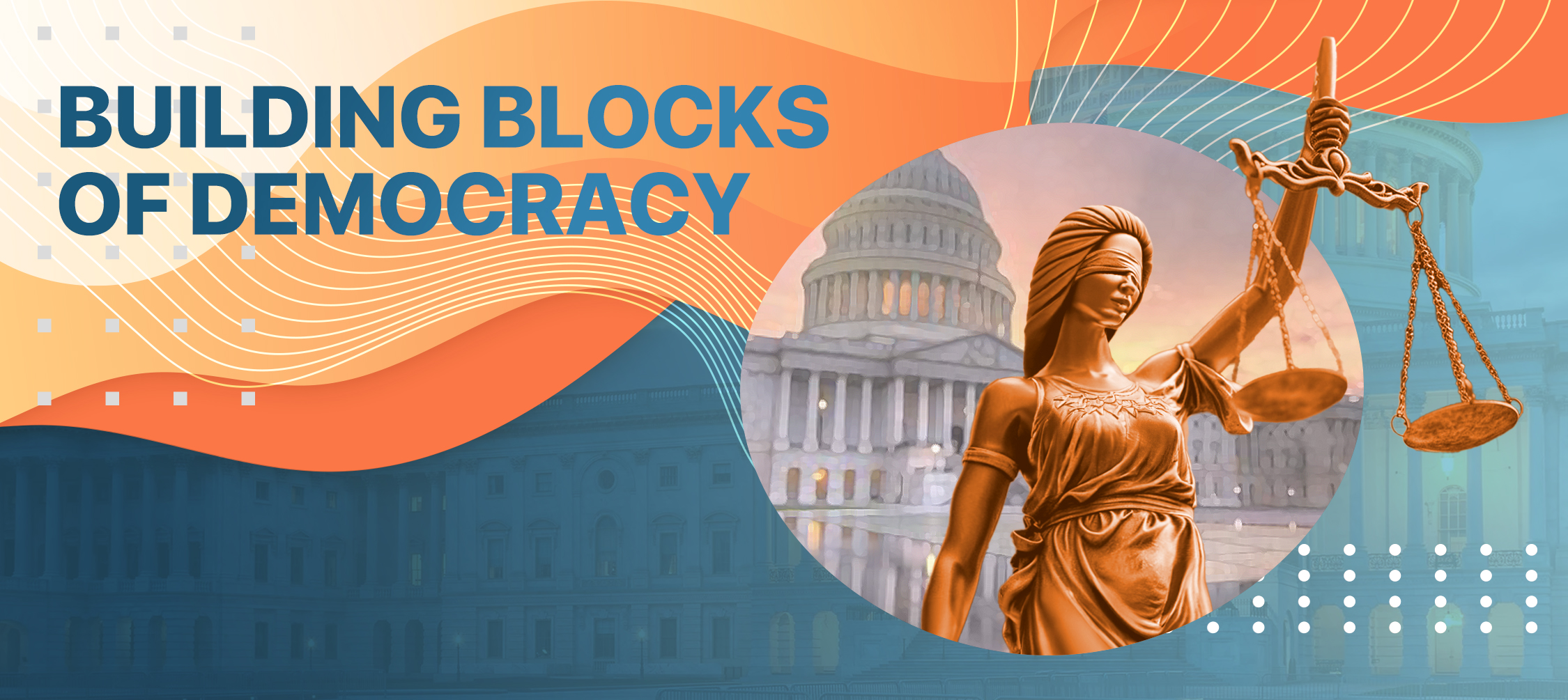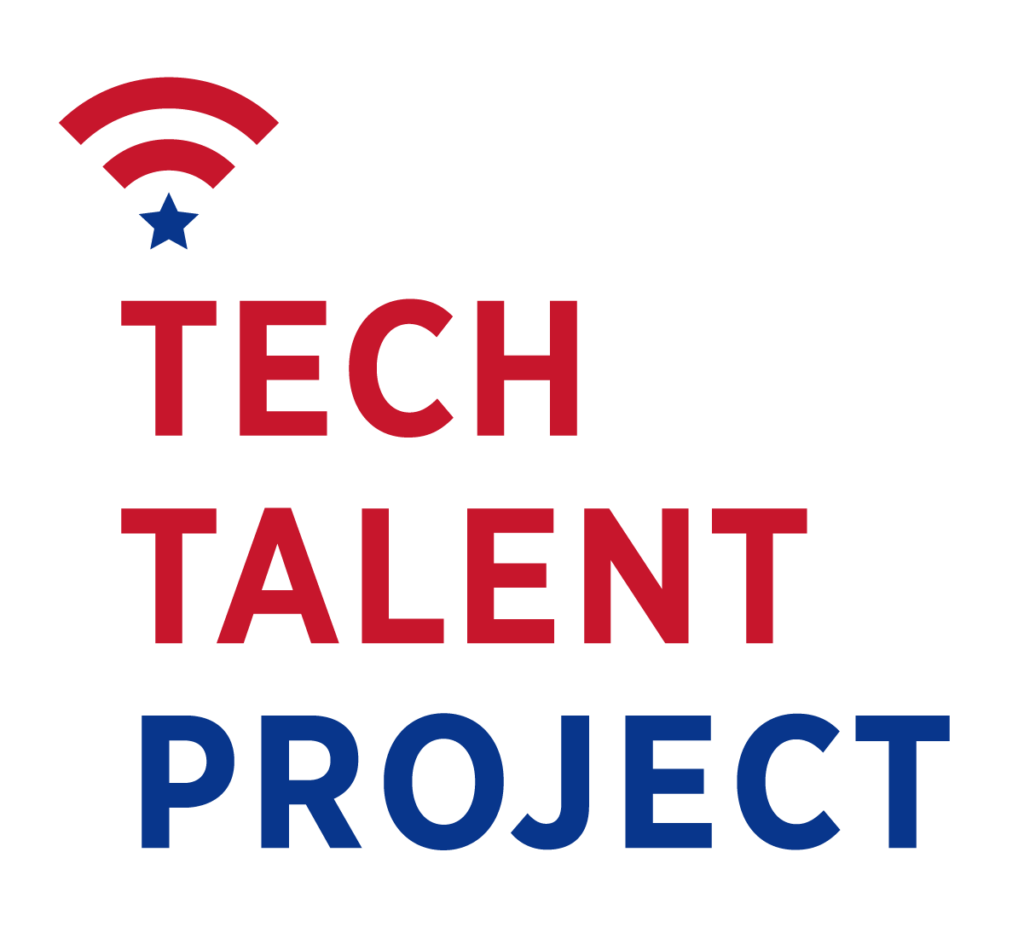
The PIT UNiverse Newsletter
February 2024
This year, roughly 4 billion people – 40 percent of the world’s population – are eligible to vote in a major election. During this crucial year for democracy, technology presents us with a double-edged sword, offering greater avenues for community organizing and voter participation while also facilitating mis- and disinformation, cyberattacks, voter intimidation, disenfranchisement and more. Black History Month is a timely opportunity to remember how Black leaders and communities continue to center our shared civil and human rights during periods of great technological change.
Public interest technologists have the tools we need to meet the challenges of technology and democracy head-on. Creating 21st century systems that are “by the people and for the people” requires not only free and fair elections, but data privacy protections, accessible cybersecurity tools, human-centered data science, and clear policies for how we design and deploy AI systems.
Practitioners from across the Public Interest Technology University Network (PIT-UN) continue to pursue this work in a diversity of ways, building educational pathways, designing technologies in partnership with communities, and fostering public interest tech career pathways into government, industry and civil society.
In our 2024 PIT UNiverse newsletter, we’ll be highlighting this work under the editorial theme of Building Blocks of Democracy. This month, Professor Deb Donig (Cal Poly) reminds us that “technology is not value-neutral, and neither is democracy,” and our PIT in Practice profile of Harvard University, Professor Latanya Sweeney shows how faculty, staff and students can collaborate to make an impact on the “technology-society clashes” we face.
Updates from the Network this month include our second annual PIT Career Fair RFP, a new academic journal on public interest technology, and there are new playbooks from the University of Michigan and the University of Chicago on developing community partnerships, and data science for social impact.

Reclaiming the Waters of Democracy
PIT in Practice
Connect your students to PIT employers by creating a PIT Career Fair!
This opportunity is open to all PIT-UN Members, and must involve your Career Services Office.

To grow the field of public interest technology, we need viable pathways for technologists to enter public service. Tech Talent Project is a non-partisan, non-profit organization working to do just this by bridging the technology gap between the private sector and government.
By finding the right senior level tech leaders and the right roles in government, Tech Talent is building the capacity of both to create effective public tech leaders. To learn more about our work, head to www.techtalentproject.org and to understand why this work is so critical read our latest white paper, A Pivotal Moment for Philanthropy.
Community Partnerships Playbook: How to Create Equitable Partnerships between Technical and Community Experts. (University of Michigan)
Community partnerships are a cornerstone of public interest technology, and it’s vital that we engage communities in ways that truly serve communities and do not cause harm. This playbook was developed by the University of Michigan’s Science, Technology and Public Policy Program in partnership with three community-based non-profit organizations: Detroit Disability Power, Detroit Justice Center and We the People Michigan.
To learn more, join the STPP webinar with several co-authors on Feb. 29 from 4-5 ET as they share tips on forming equitable and sustainable relationships.
Data Science for Social Impact in Higher Education: First Steps. (University of Chicago)
Data science is a powerful tool that public interest technologists can use to identify actionable insights on a range of issues, from housing to public safety to climate change.
This Playbook is designed to help higher education institutions of all types expand opportunities in social impact data science. It shares example course modules, internships, insights, and learnings from t public state schools, community colleges, Historically Black Colleges and Universities (HBCUs), Hispanic-Serving Institutions (HSIs), and private universities across the country.
The Editors seek topics that span a range of issues, including but not limited to ethical design, citizen science community-centered technology, data governance, mitigating AI bias, technology for public good, tech equity and inclusion, and open-source science. Learn more & submit proposals here.
The National Science Foundation recently announced the launch of ReDDDoT, a $16 million fund to catalyze research and projects in AI, biotechnology, and climate technology. lease note that this opportunity requires strong partnerships across institutions and/or sectors, and a high degree of collaboration between partners. Learn more & apply by April 8 or April 22.
The Global Alliance for Ethics and Impacts of Artificial Intelligence (GAEIA) is taking applications for its international 2024 fellowship cohort, which examines ethical dilemmas associated with artificial intelligence and emerging technologies. Learn more & apply by March 18. See also, GAEIA: Building the Future of AI Ethics (Elise St. John, Cal Poly and Søren Jørgensen, Stanford).
The University of Michigan Science, Technology and Public Policy Program (STPP) and several community partners will share highlights from their new Community Partnerships Playbook, along with practical advice and real world examples from their experiences on both sides of community partnerships. There will also be time for Q&A from attendees. Thursday, February 29 from 4-5 p.m. ET: learn more & register here.
The Missouri S&T Center for Science, Technology and Society in Rolla, Missouri invites proposals for paper presentations, poster sessions, and panel discussions for the Spring 2024 (April 25-27, 2024) conference, Artificial Intelligence and You: The Social and Human Dimensions of AI. Learn more & apply by March 1.
build4good is looking for summer interns! build4good pairs students with internships at mission-driven nonprofits. Interns have access to mentorship from nonprofit leaders, mentorship, and speakers from tech companies. Learn more and apply by March 1.
IEEE TechEthics is seeking voting members for its Ad Hoc Committee: The principal mission of the IEEE TechEthics Ad Hoc Committee is to develop a future direction for IEEE TechEthics, an institute-wide program focused on establishing and reinforcing IEEE’s role as a leader in the ethical and societal impacts of technology. The committee will review current and future issues being addressed by the program and develop an ongoing TechEthics structure within IEEE. Learn more & apply by February 24.
USAID is hiring a Digital Technology and Civic Activism (DTCA) Advisor: The CLM Office seeks to expand technical knowledge and abilities on a wide-range of issues concerning technology and civic activism as they relate to our efforts to promote development outcomes for civil society, labor, media, and democratic systems. Learn more & apply by March 1.
Want to write or be featured in the PIT UNiverse newsletter?
We’re currently seeking writers and projects on Cybersecurity (March), Civic Engagement & Elections (April), Data Science (May), PIT & Humanities (June) and Artificial Intelligence (July).
Fill out this form, and we’ll be in touch.
Wishing you an inspired Black History Month,
Andreen & the PIT-UN Team

